Album: Mark Morton - Without the Pain
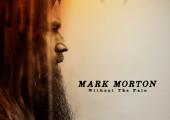

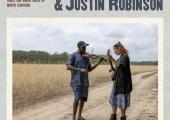
At a time when the powers that sadly be in America are trying their damnedest to erase and rewrite history, the latest release from Rhiannon Giddens and Justin Robinson is a welcome reminder of the rich culture of the Black community and how much it has given to the world.

It seems a bizarre idea. Take a pivotal film in American culture that reset the perception of The Great American Dream at this, obviously, pivotal moment in American culture in which The Great American Dream, for millions, is being literally swiped away at gunpoint, And… make it into a musical?
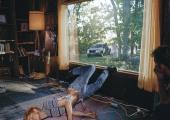
I can’t stop reading and re-reading the review copy I got of a new book, out next week. Liam Inscoe-Jones’s Songs in the Key of MP3: the New Icons of the Internet Age is one of those books where you’ll find yourself shocked that it didn’t exist before: it’s a mapping out of the modern musical and subcultural landscape on terms defined by the millennial artists who’ve come to define it.
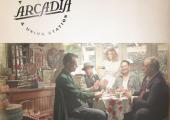
It’s been 14 years since Alison Krauss and Union Station released an album – 2011’s Paper Aeroplane. The world’s shed a few skins since then, and little resembles the way it was. The ten songs on their new album, Arcadia, recorded in studios across Nashville, are tied up in that cat’s cradle of time, of the past and how it is remembered.

On the cover of her eponymous debut album, the Bolton-raised Toria Wooff reclines on a church pew located in Stanley Palace, a 16th-century mansion in her adopted city of Chester. In her hand, a Celtic Cross. Such imagery implies that what will be heard on the grooves within the sleeve might cleave to forms of gothic-inclined British folk. This, though, is not the case.
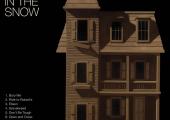
America – the pro-wrestling-ass nation, the ultimate society of the spectacle – famously likes things big, and modern country and western music has gone along with that. Big hats, big trucks, big sentiment, big pop production, very big sales indeed, and not a lot in the way of subtlety. But country also has a parallel history, of course: as music of the little guy, the theatre of the domestic, a place for preservation of simple folk traditions in the face of the overwhelming scale of modernity.
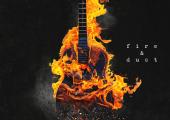
I come to this album from a week or so spent among the denizens of the New York and Boston folk revivals, including a key figure from Tulsa and the Guthrie Center, and a concert (Judy Collins, marking 85 years of music and activism).
Forty years ago, Chuck Prophet was the Keith Richards-like guitar hotshot in Green On Red, peers of R.E.M. and among the raw country-punk architects of what became Americana. Now he’s 61 and playing in a sold-out pub back-room in Hassocks, a downland commuter village near Brighton, still giving his all during two hours of humour and humane passion as if this is the biggest stage, and this crowd a community clearly worth serving.
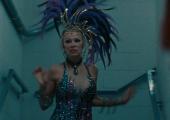
Shelly (Pamela Anderson) is a dancer. She’s been with Le Razzle Dazzle, an outdated Las Vegas show that’s full of “breasts, rhinestones and joy”, in her words, for 30 years. And now it’s closing. Where can she go, at the age of 57?